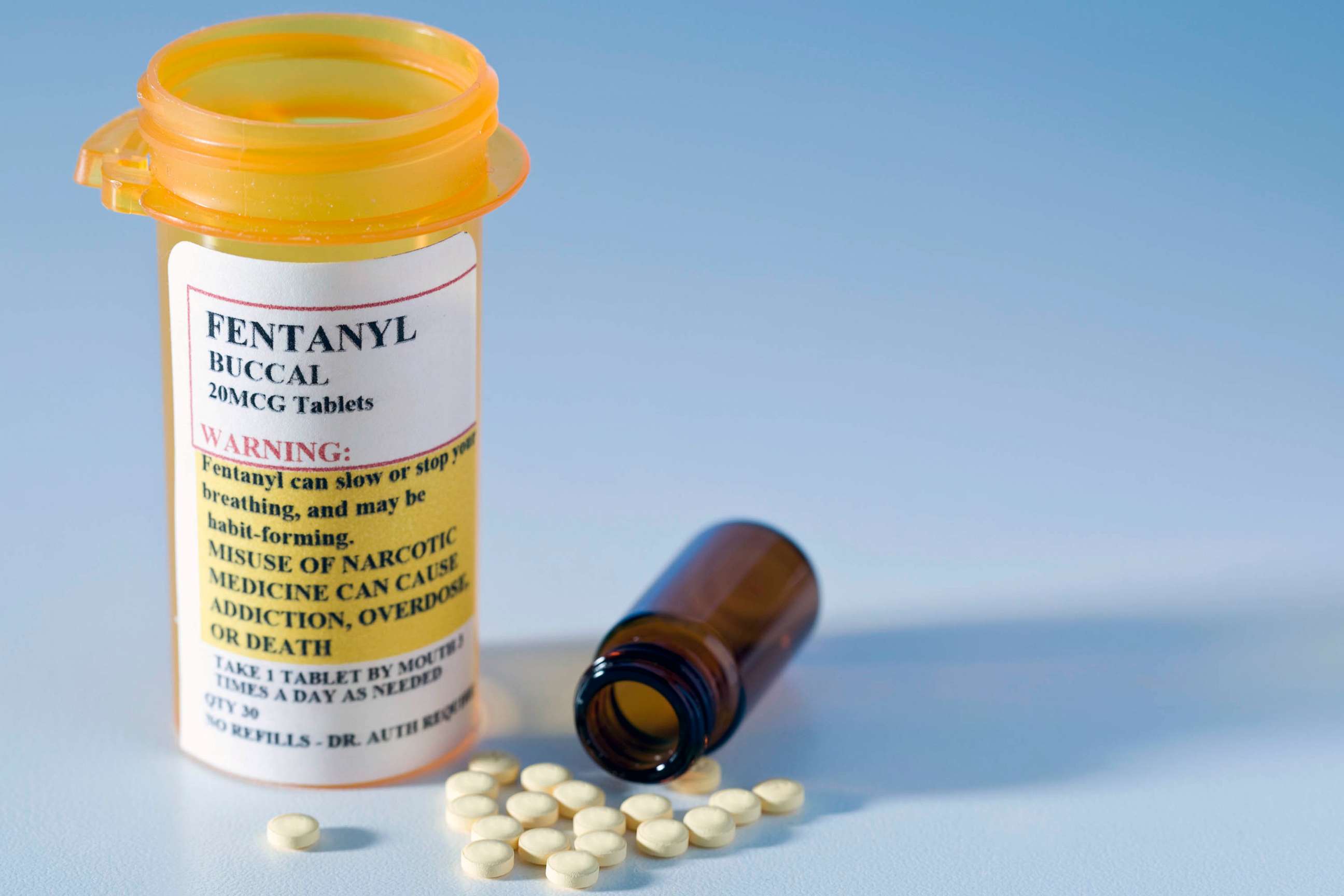Drug overdose deaths involving cocaine and opioids have spiked in last decade, CDC report finds
The overdose death rate rose seven-fold from 2011 to 2021.
Drug overdose deaths involving both cocaine and opioids have spiked over the last decade, new federal data suggests.
A new report published early Wednesday by the Centers for Disease Control and Prevention looked at mortality data from the National Vital Statistics System between 2011 and 2021.
Results showed that in 2021, 78.6% of drug overdose deaths involving cocaine also involved an opioid. What's more, the rate of drug overdose deaths involving both cocaine and opioids was 5.9 per 100,000 deaths in 2021, more than seven times the rate in 2011 of 0.8 per 100,000.
Meanwhile, the rate of drug overdose deaths involving cocaine without opioids did not increase much over the study period, going from 0.7 per 100,000 in 2011 to 2.1 per 100,000 in 2021.
"From 2011 through 2021, the rate of overdose deaths involving both cocaine and opioids increased more quickly than overdose deaths that involved cocaine but no opioids," the authors wrote in the report.

The report found the percentage of deaths involving cocaine and opioids varied by region. The Northeast had the highest percentage at 84.5% while the West had the lowest at 73.4%.
Researchers also looked at overdose deaths in which opioids were involved along with psychostimulants, which includes drugs such as methamphetamines.
They found the rate of drug overdose deaths involving both psychostimulants and opioids increased 22-fold from 0.3 per 100,000 in 2011 to 6.7 in 2021.
For the first half of the 2010s, the rate of overdose deaths from psychostimulants without opioids was higher but, by 2017, it was surpassed by the rate of psychostimulants with opioids.
Similarly, rates were highest in the Northeast with 80.6% of all overdose deaths involving psychostimulants and opioids, and lowest in the West at 57.5%.
Although the report did not discuss which opioids played a role in the overdose deaths, there has been a rise in drugs laced with the synthetic opioid fentanyl.
Fentanyl is a drug between 50 and 100 times stronger than morphine. State departments and the CDC have warned that drugs including prescription pills, cocaine, and heroin are often laced with fentanyl without users' knowledge.
According to CDC provisional data, a record-high 108,500 people died from drug overdoses in the U.S.
This increase "highlights the need to ensure people most at risk of overdose can access care, as well as the need to expand prevention and response," the federal health agency wrote on its website.
This includes making sure the opioid reversal drug naloxone is widely available, expanding awareness about treatment of substance use disorders, early intervention and detection of overdose outbreaks.




